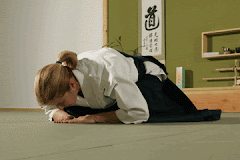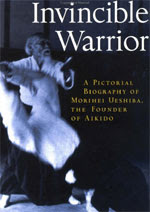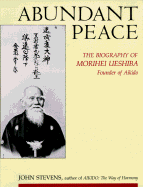
Last week, after Zazen meditation session, I noticed how one of my students was picking up his Zafu and Zabuton (meditation cushions), and casually dropping them down to the floor. I made a remark about it, and compared the cushions to a powerful book we just finished reading — do we just throw it on the table? do we slowly put it down, in appreciation? do we even notice our movements in these casual moments?
At the Dojo there seem to be many actions that we tend to be casual with; tying our belts, sweeping the mat, and even using the restrooms. The more simple and automatic movements they are - the easier it is to loose tension. Checking the Gi before stepping onto the mat, paying attention to how we sweep, and checking after ourselves may look trivial, yet are keeping us aware. These moments have the power to open a door into a different level of awareness. Keeping our attention on our most simple movements can bring us better results in other areas, too.
Let's take a look at how we grab our partner's wrist, for example. Do we take a moment to observe our partner prior to attacking? do we take their stance for granted? how alert we are when we attack? are we cautious, or hesitant? We strive to develop our martial sense, and through keeping alert we can sharpen sensitivity to our peers and the space around us, and improve our response and adaptability to sudden changes.
I agree that we all need casual moments to relax and unwind. These moments are crucial for maintaining a good life balance. On the same token, we choose to walk a path on which the Way is learned, and the Way starts with some very basic actions: shoes off, bow, put Gi on, tie your belt...




















